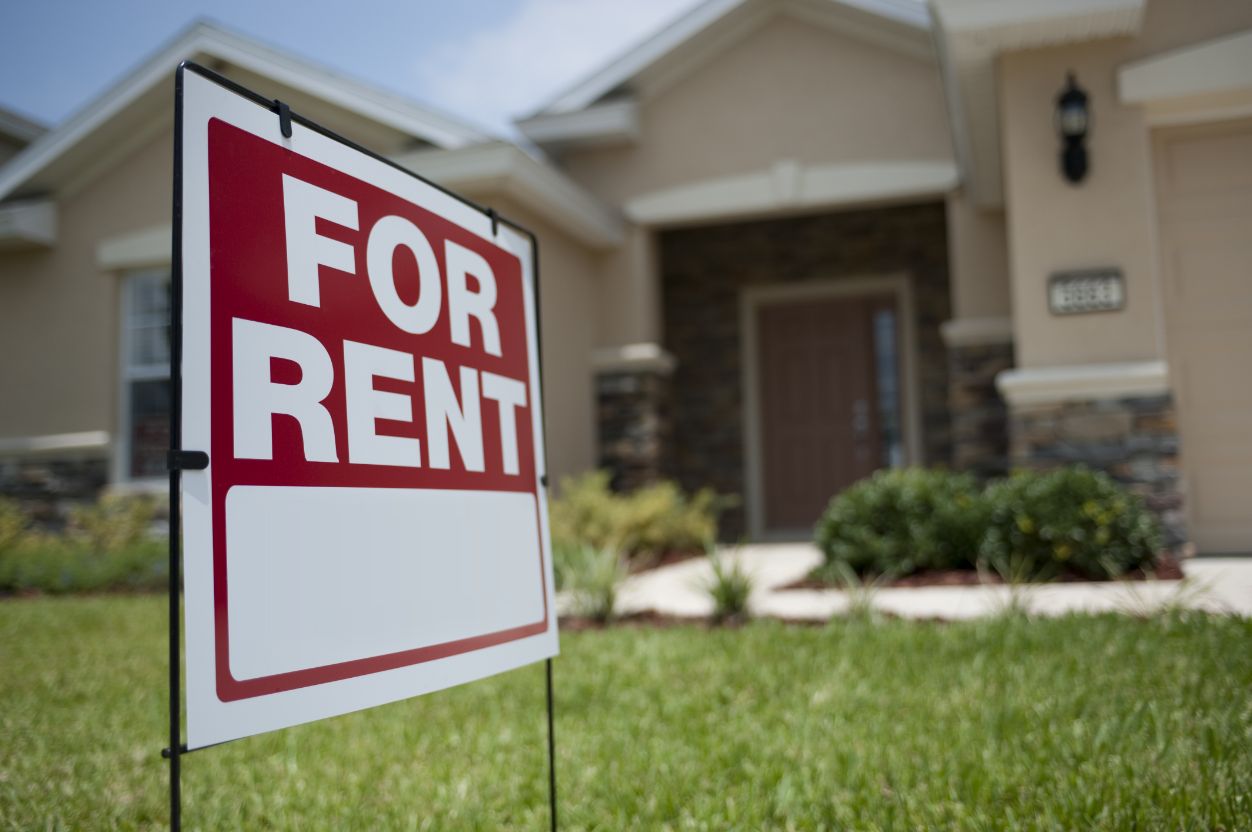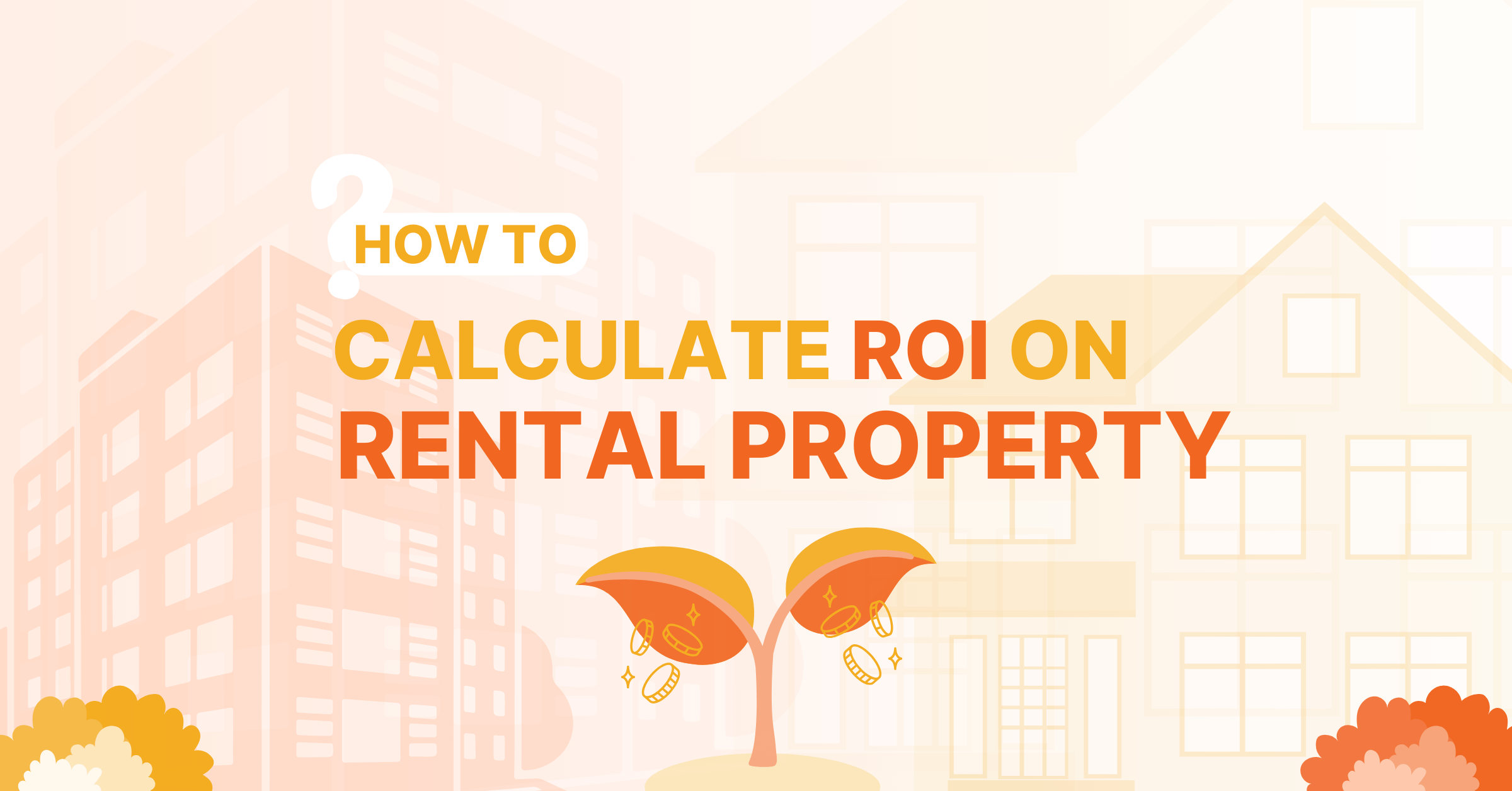Important: PropStream doesn’t offer tax advice. This article is strictly informational. Rental landlords should consult a tax professional for help filing their taxes and any tax-related questions.
Every year, landlords must report their rental income to the Internal Revenue Service (IRS) or face stiff penalties. However, filing your taxes when you’re earning rental income is more involved than earning a salary from an employer who withholds your taxes and provides you with a W2 form.
As a landlord, you must keep track of your own tax liability. To stay in good standing with the IRS, it’s important to understand what income you must report and what expenses you can deduct. To help make the job easier, here’s a step-by-step guide on how to file your taxes as a landlord:
Table of Contents
- Prepare for Tax Season
- Calculate Rental Income
- Deduct Rental Expenses
- Report Rental Income and Expenses
- Bonus Tips
1. Prepare for Tax Season
To file taxes on your rental income, you need to keep careful records. This can help you track what you earn and what you can potentially deduct. Here’s a list of some of the records you should make a habit of holding onto throughout the year:
- Bank and financial statements
- Rent rolls
- Mortgage documents
- Rental agreements
- Bills
- Receipts
- Previous tax returns
The more documents related to the rental business you have on file, the better. Why? Because they can help in preparing your tax returns. Plus, you never know when the IRS might audit you. If that happens, the burden of proof is on you to prove that your tax return is correct.
Another part of preparing for tax season is making estimated quarterly tax payments throughout the year. As a general rule, if you are in business for yourself and you expect to owe at least $1,000 in annual federal taxes (including Self-Employment Tax and Alternative Minimum Tax), you must pay estimated quarterly tax payments, which are due on April 15, June 15, September 15, and January 15 (of the following year). You can use Form 1040-ES to figure out what your estimated quarterly tax payments should be.
Since you don’t have an employer withholding taxes from you as a landlord, be diligent about setting aside money regularly to cover your tax liability. For example, you could set up a separate bank account to transfer a percentage of your rental income (e.g., 30%) each month. Additionally, you may find it helpful to put away more than you expect to owe—just to be safe.
2. Calculate Rental Income

Next, determine how much rental income to report on your tax returns. Start by choosing an accounting method, which a professional taxation specialist can assist with.
The cash basis accounting method is most popular among individuals and small businesses. It records income when cash is received and expenses when they are paid. In contrast, the accrual accounting method records income when it is earned, regardless of when payments are received, and expenses when they are incurred, regardless of when they are paid.
So what type of income counts as rental income? More than you might think. The IRS defines rent as “any payment you receive for the use or occupation of property.” On top of regular rent payments, this includes:
Advance rent. This refers to any rent payment that is received in advance of the period it is intended for. For example, if you require tenants to pay their last month’s rent upfront, you would include this in your rental income the year it is received, regardless of when their last month ends up being or the accounting method you use.
Security deposits. If you receive a non-refundable security deposit, that’s considered rental income. The same goes for security deposits used as a final payment of rent (aka advance rent). However, if you plan to return the security deposit, don’t include it in your rental income. But say your tenant doesn’t live up to their lease terms, and you keep part of their security deposit as a result. In that case, you must count whatever amount you keep as rental income for that year.
Lease cancelation fees. If your tenant pays you to cancel their lease, this is considered rent. So you will want to include it in your rental income the year it is received, regardless of the accounting method you use.
Expenses paid by tenants. If your tenant pays any property expenses not required under the lease terms, this is considered rental income. For example, your tenant may pay the water bill and deduct it from their rent payment. In that case, the paid water bill would count as rental income. The same goes for any repairs a tenant covers and deducts from their rent.
Tip: While expenses paid by tenants are considered rental income, you may also be able to deduct them from your tax bill. More on that in the next step.
Property or services received in lieu of rent. If you accept a service or property as rent instead of money, you must still count it as rental income. For example, suppose your tenant is a landscaper and agrees to regularly mow your property’s lawn in exchange for a reduction of their monthly rent payment from $1,000 to $500. In that case, you must count the fair market value of their service (in this case $500) as rental income.
3. Deduct Rental Expenses
Before you decide that owning rental property puts you at a tax disadvantage, know that it also comes with many tax benefits. The U.S. tax code has long allowed property owners to deduct various property expenses from their tax bills.
What kinds of expenses exactly? Anything that is “ordinary and necessary” to your rental business. The IRS defines an ordinary expense as one that is “common and accepted in the industry” and a necessary expense as one that is “helpful and appropriate for your trade or business.”
Here are some common business expenses that you can typically write off as a landlord:
- Mortgage interest
- Property taxes
- Repairs
- Operating expenses (e.g., cleaning, landscaping, pest control, and other maintenance)
- HOA dues
- Landlord insurance premiums
- Travel expenses (follow the rules in IRS Publication 463)
- Marketing and advertising costs
- Utility costs (if you pay them)
- Home office expenses
- Pay to independent contractors and employees (e.g., a property manager)
- Expenses paid by tenants that were counted as rental income
- Depreciation (3.636% of the property’s value for up to 27.5 years)
By deducting these rental expenses, you can limit your tax liability and potentially move into a lower income tax bracket.
Keep in mind, however, that some rental expenses aren’t deductible. For example, you can’t deduct the cost of improvements to your rental property (e.g., by bettering, restoring, or adapting the property to a new or different use). However, you may be able to recover the cost of improvements through the depreciation write-off listed above.
4. Report Rental Income and Expenses

At this point, you’re ready to report your rental income and expenses to the IRS. To do so, you’ll need to fill out Form 1040 (or Form 1040-SR if you are over 65).
Remember that if you own your rental property through a business entity (and not directly), the tax filing process will differ slightly.
Also, in some cases, your rental expenses may exceed your rental income and create a loss. If that happens, you may be able to deduct the loss from other income. However, there are limits to this based on your adjusted gross income, how big the rental investment is, and whether it’s considered passive income. Consider working with an accountant or tax professional to learn more.
Bonus Tips
Here are a few more tips to help you along the way:
- Keep up with tax law changes. The tax code frequently changes. To ensure you are working under accurate assumptions (e.g., about how much you need to set aside for quarterly payments), stay current on property tax law.
- Separate your personal and business finances. Having separate bank accounts for your personal and business finances can make it easier to keep track of your rental income and expenses.
- Hire a tax professional. Though you may be tempted to file your taxes on your own to save money, this can actually cost you more in the long run. Why? You’re more likely to make costly mistakes and miss important tax breaks. So, consider working with a tax pro. You can even deduct the expense of hiring them! (at least for the rental portion of your tax returns)
When it comes to filing taxes as a rental landlord, it’s important to keep careful records and documentation to file accurately and appropriately. To avoid any missteps and potential auditing by the IRS, we always recommend seeking professional help where necessary.



